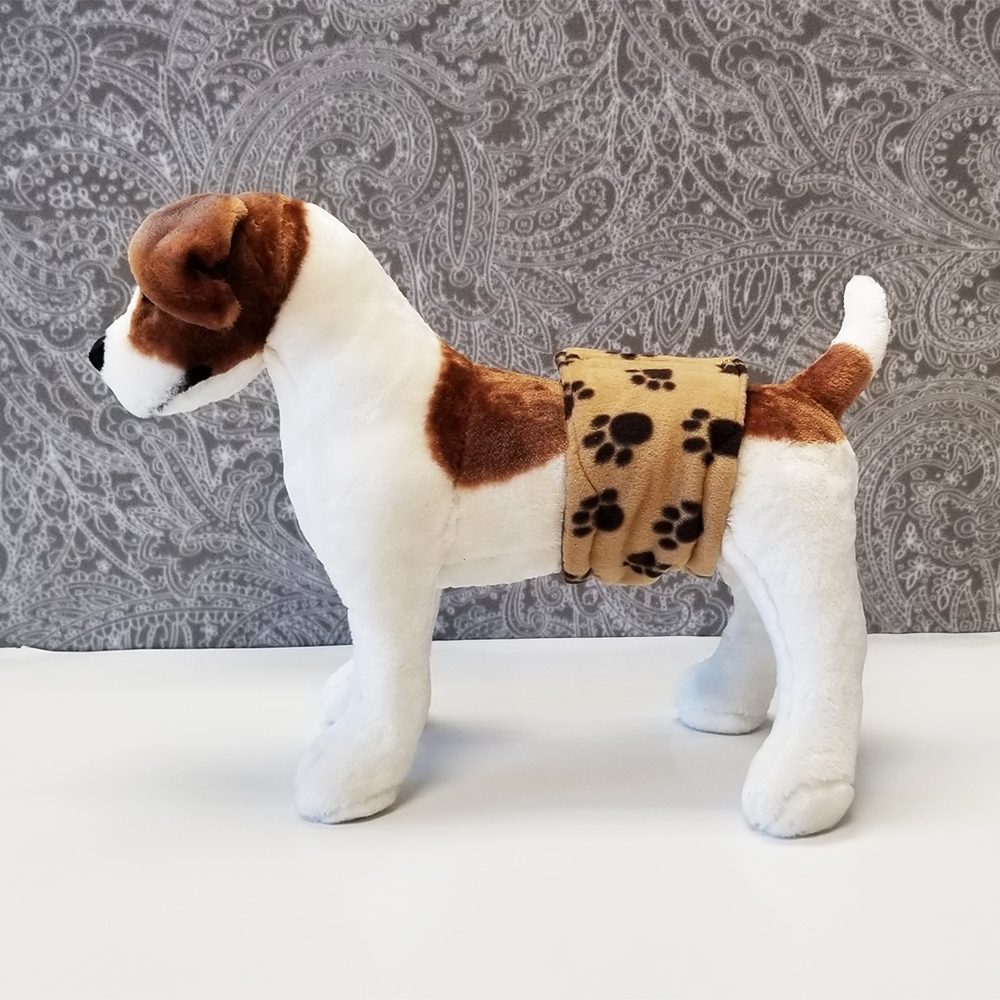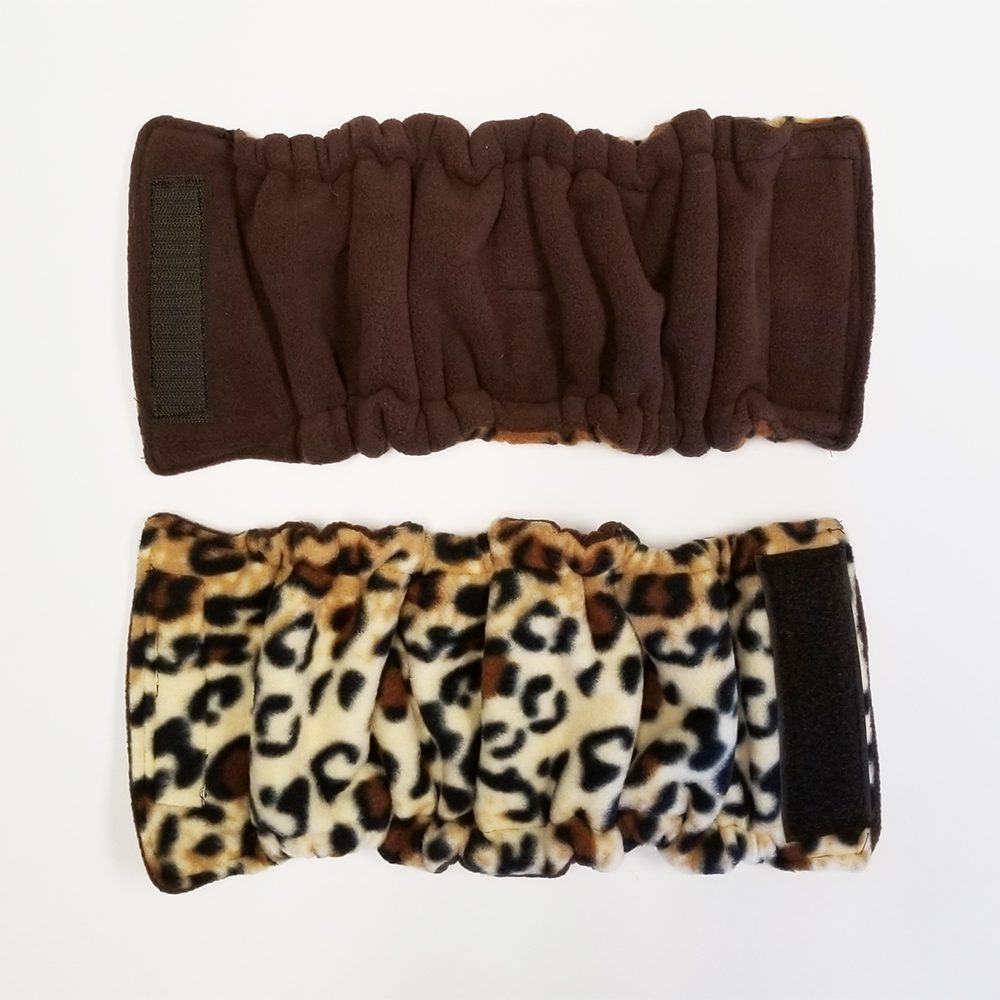Siberian Husky
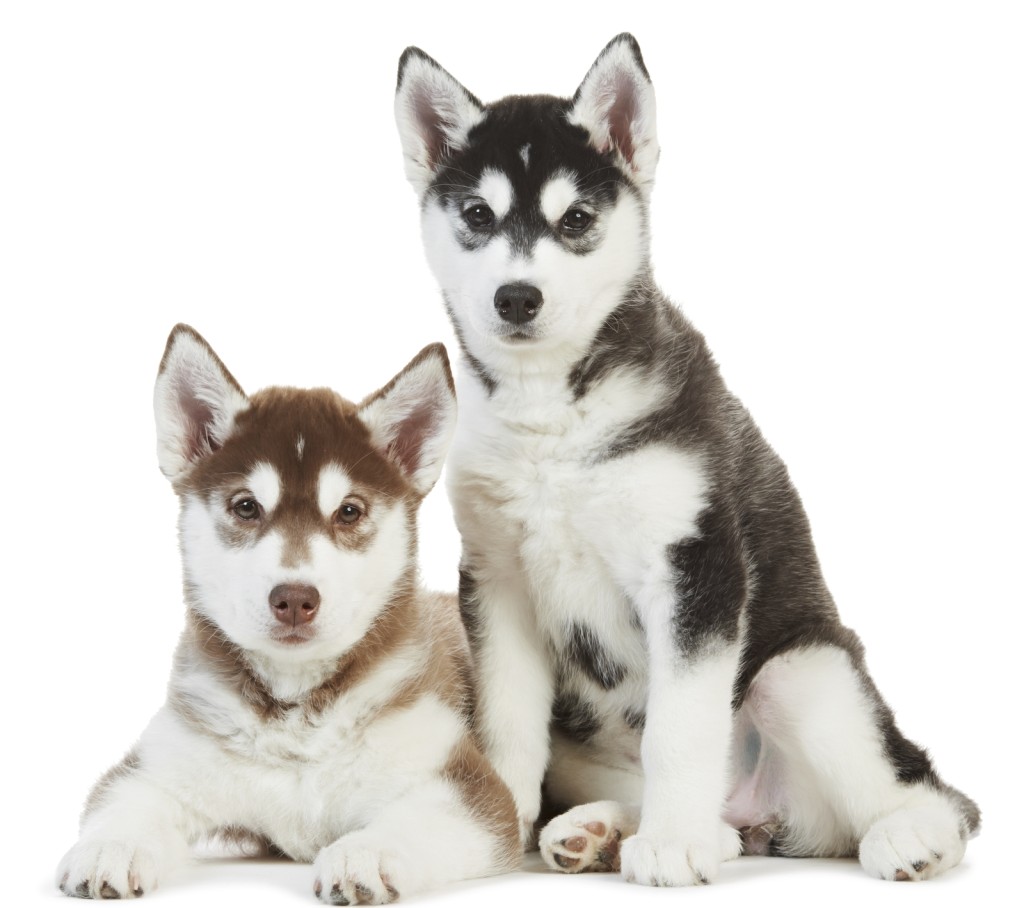
Siberian Husky: The Striking and Energetic Northern Breed
Welcome to the comprehensive guide on the Siberian Husky, a breed renowned for its stunning appearance, boundless energy, and friendly temperament. This page offers an in-depth exploration of the Siberian Husky, a medium-sized working dog known for its endurance, intelligence, and independence, making it a beloved and striking companion for active households.
Overview
Height: Males: 21-23.5″; Females: 20-22″
Weight: Males: 45-60 pounds; Females: 35-50 pounds
Colors: white, black, agouti and white, black and white, gray and white, red and white, sable and white, brown and white, black tan and white
Life Expectancy: 12-14 years
Group: Working Group
_______________________________________
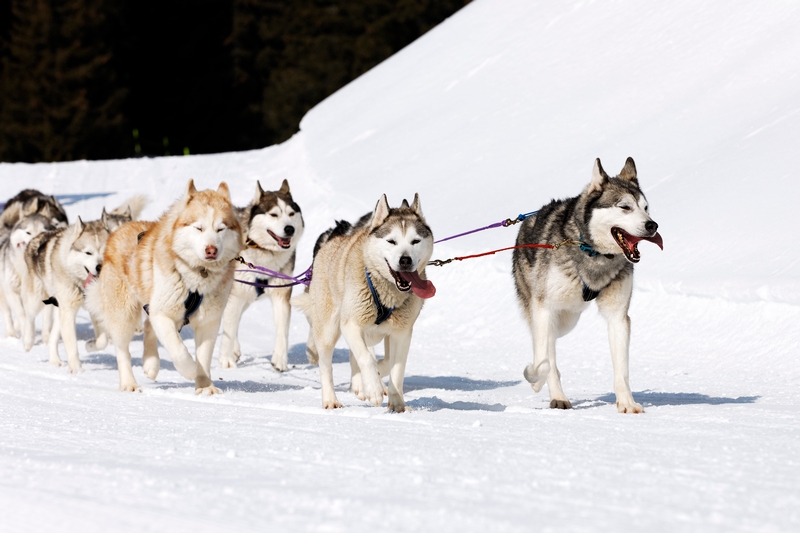
Physical Characteristics
- Distinctive Appearance: Siberian Huskies are notable for their striking wolf-like appearance, with a well-proportioned, muscular build. They possess a thick double coat that comes in various colors and striking patterns, often with distinctive facial markings.
- Captivating Eyes: One of their most captivating features is their eyes, which can be blue, brown, or heterochromatic (one of each), adding to their unique and expressive demeanor.
Temperament and Personality
- Friendly and Social Nature: Siberian Huskies are known for their outgoing and friendly disposition. They are sociable dogs, often showing a gentle and playful nature with people and other dogs.
- Intelligent and Independent: These dogs are intelligent and independent thinkers, which can sometimes be mistaken for stubbornness. They thrive on challenges and enjoy activities that stimulate both their mind and body.
- High Energy and Playful: As a breed developed for endurance, Siberian Huskies have high energy levels and require ample exercise. They enjoy activities like running, hiking, and pulling, which reflect their sled-pulling heritage.
Training and Exercise Needs
- Training: Early and consistent training is key, given their intelligence and independent nature. They respond well to positive reinforcement techniques.
- Exercise: Siberian Huskies require rigorous daily exercise to meet their high energy needs. Activities that allow them to run and play freely are ideal.
- Mental Stimulation: Mental engagement through advanced training, agility sports, and interactive games is important to keep them mentally satisfied.
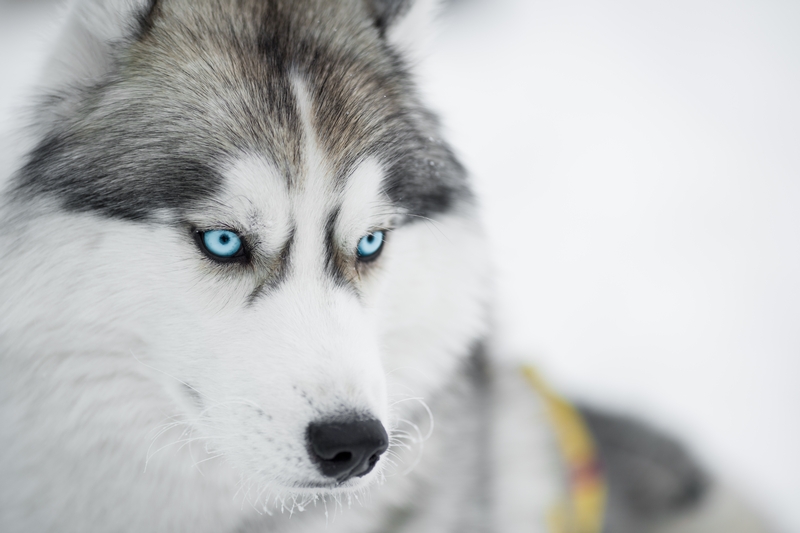
Health and Nutrition
- Diet: A balanced diet suitable for a medium to large, highly active breed is essential. Regular veterinary check-ups are crucial for maintaining their health.
- Health Issues: Generally robust, Siberian Huskies can be prone to certain genetic health conditions. Regular health screenings are advisable to ensure their well-being. Some problems that can affect the breed are juvenile cataracts, corneal dystrophy, PRA, hip dysplasia. Dog Health Dictionary
Grooming and Care
- Coat Maintenance: Their thick double coat requires regular grooming, especially during shedding seasons. Routine brushing helps to keep their coat healthy and manage shedding.
- General Care: Basic care practices, such as dental hygiene, nail trimming, and ear cleaning, are important for their overall health.
Living with a Siberian Husky
- Family Compatibility: They are great with families and adapt well to households with active lifestyles. They are generally good with children and other pets, but early socialization is key.
- Adaptability: Siberian Huskies are versatile and can adapt to various living conditions. However, they thrive best in environments where they can exercise freely and safely.
- Companionship: They form strong bonds with their families and enjoy being part of daily activities, although their independent nature means they also value some alone time.
Responsible Ownership and Adoption
- Selecting a Breeder: Opt for breeders who prioritize health, temperament, and adherence to breed standards.
- Adoption Options: Considering adoption from shelters or breed-specific rescues is a great way to provide a loving home to a Siberian Husky in need.
.
Conclusion: The Siberian Husky, with its stunning coat, friendly nature, and energetic personality, is an ideal breed for those seeking an active, loyal, and striking companion. Their adaptability and sociable demeanor make them a popular choice for many dog enthusiasts.
Housebreaking
PUPPY HOUSEBREAKING tips: https://www.dog-breeds.net/puppy-housebreaking/
ADULT MARKING AND RETRAINING tips: https://www.dog-breeds.net/dog-housebreaking-marking-page/


